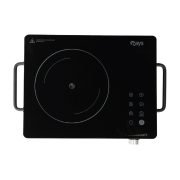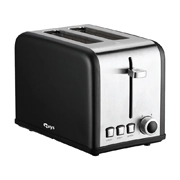Washing Machines
Things to Consider Before Buying a Washing Machine
When it comes to purchasing a washing machine, it's vital to consider a number of factors to ensure you make the right choice for your ...
Common Washing Machine Problems and Solutions
Washing machines are now an essential appliance in every home, but just like any other machine, they occasionally create problems. We'l...



















